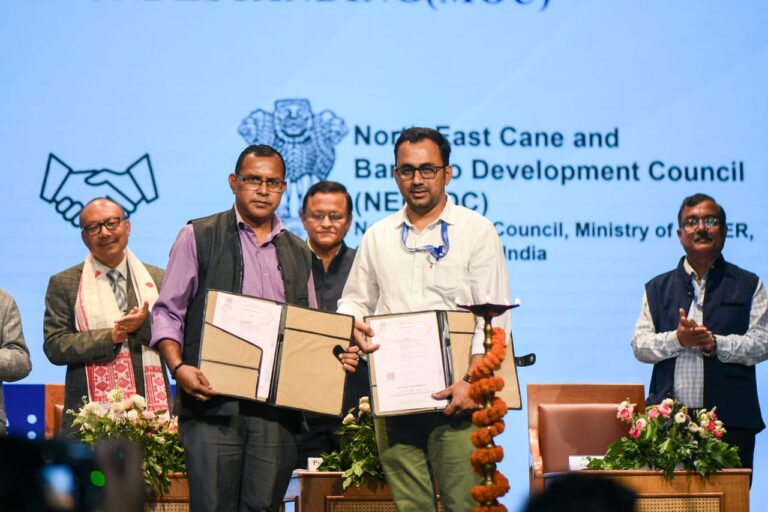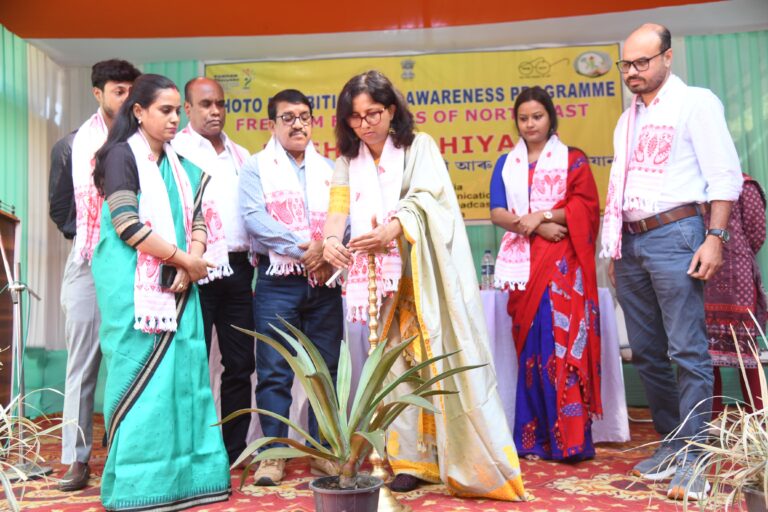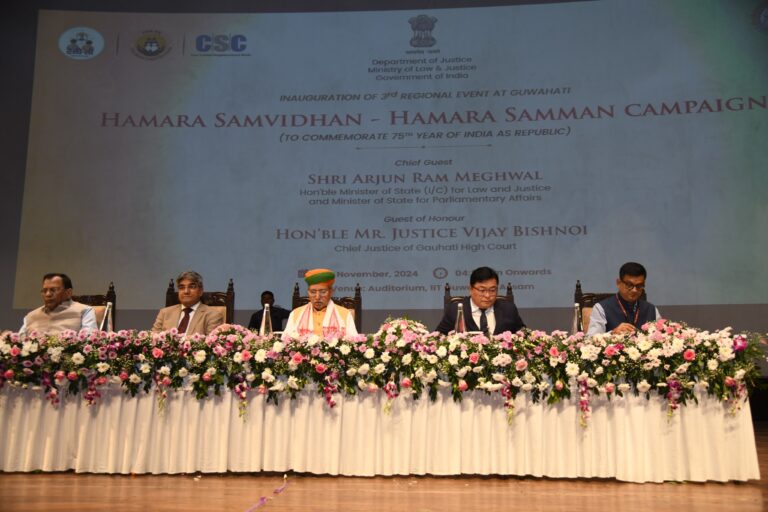In a pivotal decision, the Supreme Court of India upheld the constitutional validity of Section 6A of the Citizenship Act with a 4:1 verdict. The ruling was delivered by a five-judge Constitution Bench led by Chief Justice DY Chandrachud. This section specifically pertains to Bangladeshi immigrants who entered Assam between January 1, 1966, and March 25, 1971, allowing them to register as Indian citizens, while those arriving after the cut-off date are deemed ineligible for citizenship.
Chief Justice Chandrachud highlighted the unique context of Assam, stating, “The magnitude of influx into Assam and its effect on culture is higher in Assam.” He noted that the impact of approximately 4 million migrants in Assam is more pronounced compared to 5.7 million in West Bengal, due to Assam’s smaller land area. The Chief Justice affirmed that the March 25, 1971, cut-off date was justified, reflecting significant migration patterns from East Pakistan.
CJI Chandrachud further asserted the Union’s responsibility to protect states from external threats, emphasizing that the presence of diverse ethnic groups does not violate Article 29(1) of the Constitution. He underscored the necessity of proving that one ethnic group is unable to safeguard its language and culture because of another’s presence.
Justice Surya Kant, presenting the majority opinion, reiterated the court’s position: “We cannot allow one to choose their neighbours, as it runs against the principle of fraternity. The principle is live and let live.” He clarified that Section 6A offers citizenship to first-time migrants and is distinct from those who may have migrated again.
The ruling reinforces Parliament’s power to legislate on citizenship issues, confirming that Section 6A does not contradict any other provisions of the Citizenship Act. This judgment represents a significant moment in the ongoing discourse around immigration and citizenship in India, especially regarding the demographic dynamics in Assam.
Justice Kant further outlined the provisions of Section 6A, stating that individuals who entered Assam before January 1, 1966, are considered Indian citizens, while those who arrived between 1966 and 1971 may seek citizenship if they meet eligibility criteria. Conversely, immigrants entering after March 25, 1971, are categorised as illegal and are subject to detention and deportation.
During the proceedings, the court instructed the Ministry of Home Affairs to provide data on the influx of illegal migrants to Assam and other Northeastern states post-March 25, 1971, along with disclosures regarding citizenship grants and the functioning of foreign tribunals.
In a comprehensive assessment, the court dismissed the petitioners’ claims that Section 6A infringed on the principle of fraternity and exhibited arbitrariness due to its cut-off date. Justice Kant noted that the petitioners did not demonstrate any detrimental impact on Assamese culture and language attributable to immigration, further rejecting claims of violation of Article 21 regarding personal rights.
This ruling is poised to influence ongoing discussions about immigration policy and the protection of cultural identity in Assam, setting a precedent for future legal interpretations of citizenship in India.


















